
As part of the overall drive to reform the State-Owned Enterprises (SOEs) sector and help them achieve commercial viability, Government is considering the possibility of listing as many SOEs on the Ghana Stock Exchange (GSE).
The Vice President of the Republic of Ghana, Alhaji Dr Mahamadu Bawumia, who disclosed this at the opening of this year's Policy and Governance Forum for SOEs in Accra, yesterday, explained that SOEs remained pivotal to the production and delivery of major public infrastructure and services.
Dr Bawumia noted that as a quasi-commercial arm of the state, the role of SOEs were critical in all areas of the economy, including energy and power, petroleum, trade, agriculture, manufacturing, housing, railways and aviation, adding that when efficiently managed, as the experience of other countries had shown, SOEs could serve as key catalysts for development.
However, he said, the growth of the private sector had made it increasingly difficult to justify the participation of Government in certain sectors of the economy.
He explained that given that most SOEs were initially created to fill gaps in the economy at a time when there were no private sector players with sufficient leverage to pursue such investments, it was now becoming increasingly meaningless for Government to keep its interest in SOEs with strong private participation and which continue to make losses.
Dr Bawumia expressed concern about the fiscal impact of the quasi-fiscal activities of SOEs on the macro-economic environment, citing the energy-sector debt that had created systemic risks in the banking sector.
He identified the absence of effective corporate governance structures-- multiple institutions with oversight functions over the SOE sector-- as a major weakness of the sector.
He said the fragmentation in the Government's ownership structure, coupled with the absence of a clearly-defined ownership framework had limited Government's ability to effectively oversee SOEs.
Dr Bawumia, therefore, stressed the need to harmonize the way in which Government managed SOEs in order for them to make positive contributions to national development as they remained a major part of Government's economic transformation strategy.
He disclosed that as part of the broad reforms, the State Enterprises Commission (SEC) and some selected SOEs were benefitting from a World Bank Technical Assistance Programme to consolidate the state's ownership role in SOEs into a single entity with a view to improving performance and ensuring effective and efficient service delivery.
In a statement, Dr Ishmael Yamson, Chairman, Ishmael Yamson & Associates, urged heads of SOEs not to see their appointments as rewards but as opportunities to contribute to economic growth and development.
Dr Yamson said governance was about leadership, efficiency and performance, probity and responsibility.
He said the president's agenda of a 'Ghana Beyond Aid' and a Ghana free of corruption should be made possible by appointees of SOEs.
In an address delivered on his behalf, Mr Henry Godfrey Rupiny Kerali, World Bank Country Director for Ghana, Liberia and Sierra Leone, underscored the importance of the strategic role of SOEs as instruments of development.
Mr Kerali noted that to achieve their mission as providers of public sector goods, SOEs ought to operate under a legal and regulatory framework.
The World Bank, he said, was, therefore, fully committed to supporting all efforts at promoting SOE governance and efficiency.
On his part, Jildaz Evin, Resident Manager, Agence Francaise de Development, urged SOEs to follow international best practice in the management of their institutions.
In a welcome address, the Minister for Finance, Ken Ofori Atta, disclosed that Cabinet had approved the piloting of Action Plans for improving the corporate governance practices of five selected SOEs.
Mr Ofori Atta said in addition, and in furtherance of its commitment to exercising its ownership rights diligently and responsibly, Government would codify the strategic direction and the underlying principles for how it intended to manage its ownership rights in the SOEs through the development and implementation of an Ownership Policy.
The Policy, he said, would streamline the governance of the SOE sector and serve as the bedrock of Government's corporate governance reforms in SOEs.
Furthermore, and in accordance with best practices and the Public Financial Management Act, 2016 (Act 921), and relevant legislative and regulatory provisions, the Finance Minister said, Government had initiated efforts to establish a comprehensive performance monitoring regime for the SOE sector which would culminate in the development of a Performance Monitoring Manual.
Mr Ofori Atta said the manual would bring together the principles, requirements, provisions, information and systems captured in the various acts, policies and guidelines governing the performance monitoring of SOEs in a structured and systematic way to ensure an unequivocal understanding of the process and compliance among SOEs and other stakeholders.
SOEs dominated Ghana's post-independence economy as a result of Government's rigorous industrialization and self-sufficiency strategy.
Associated with these SOEs, however, were low performance, low quality services and high costs that required state intervention, generating significant deficits, thereby.
Privatization, liquidation and the winding up of most of the non-performing SOEs reduced the number of SOEs from 300 in the mid-1980s to 86 as at the end of August 2017.
Of the 86, 46 of them are wholly Government-owned SOEs while 40 are joint ventures. 37 of the wholly-owned SOEs are commercial companies, with 26 of them operating as Limited Liability Companies.
There are also 9 subvented agencies, in addition to 40 other companies in which Government either has minority or majority stakes including 10 mining companies in which Government has up to 10% carried interest each.
The two-day Forum, organized by SEC, under the leadership of its Executive Chairman, Stephen Asamoah-Boateng, therefore, aims to sensitize key stakeholders on Government's policy, strategies, key initiatives and reform measures being implemented for the SOE sector.
The Forum also provides a platform to exchange views on how best to address the challenges facing the SOE sector, find ways to support on-going efforts to improve the performance and contribution of the sector to national development efforts, and to discuss the corporate governance issues related to the sector.
Source: ISD (G.D. Zaney)
Read Full Story
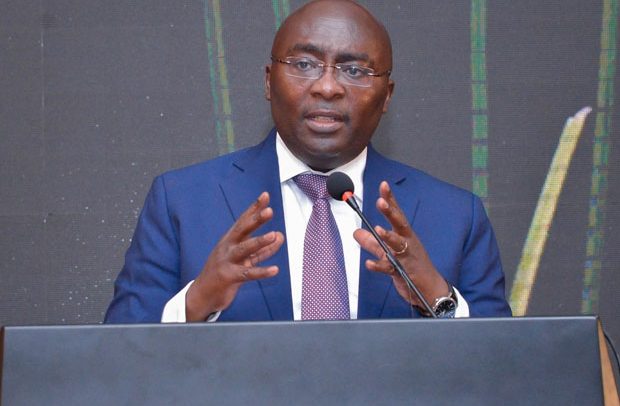
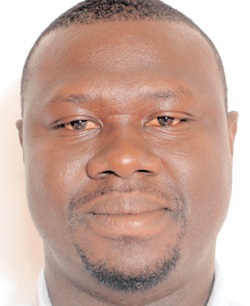
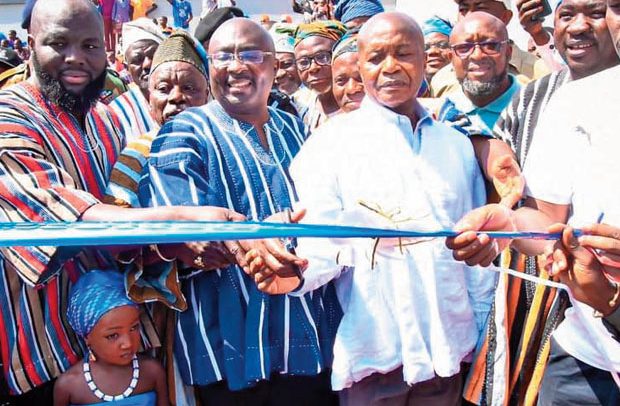
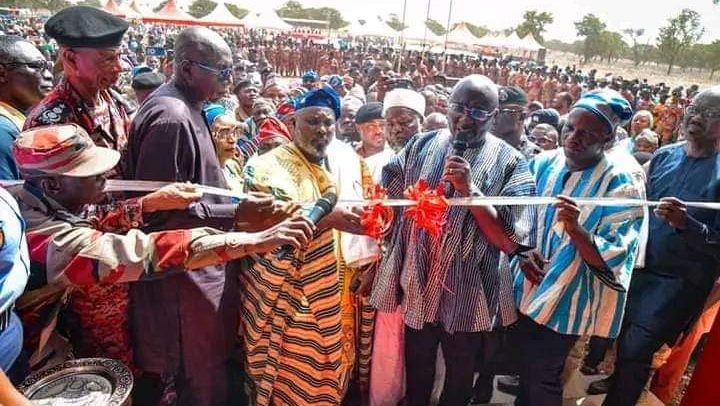
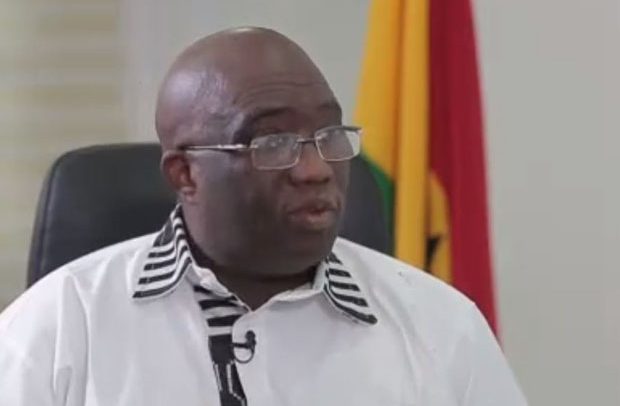

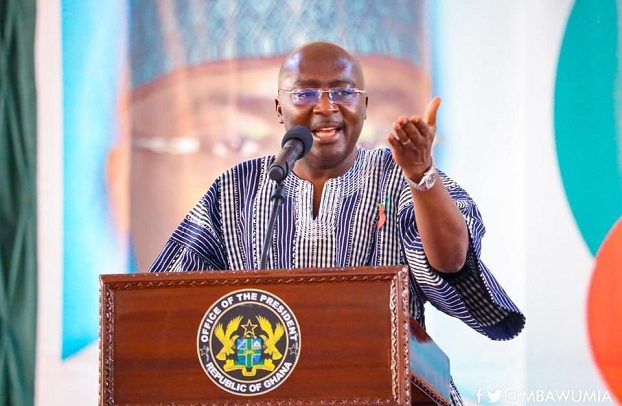

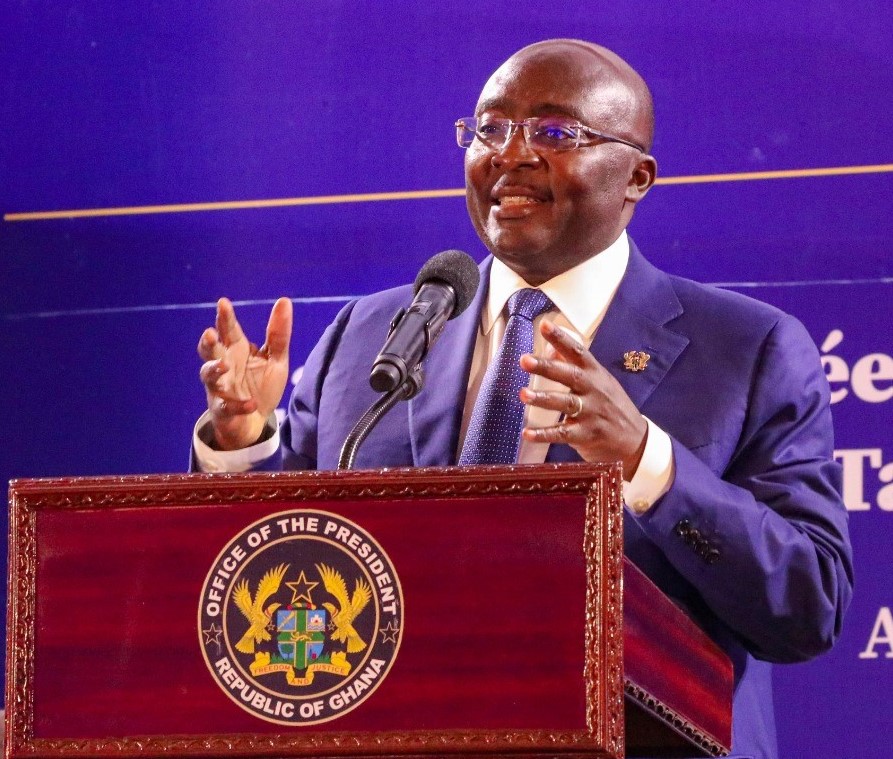


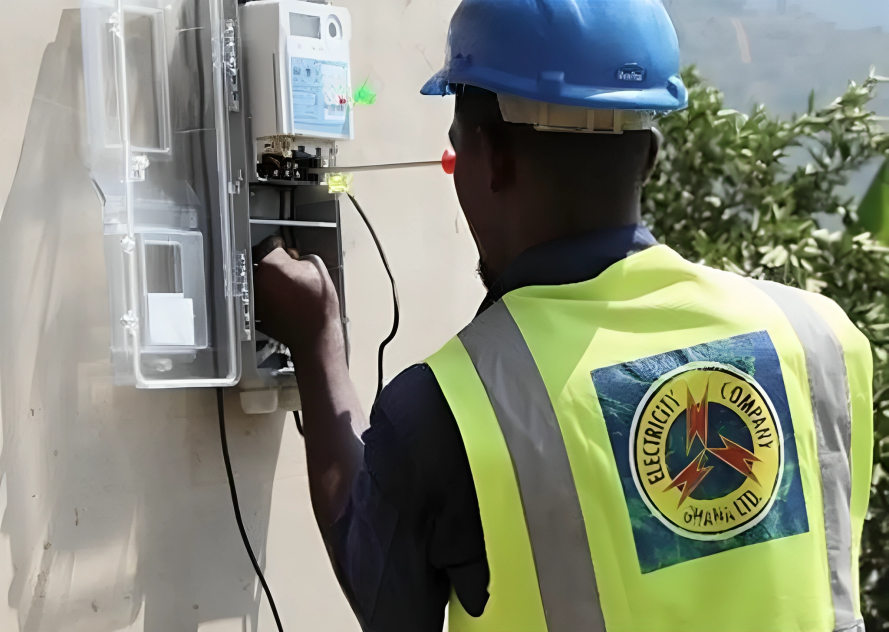


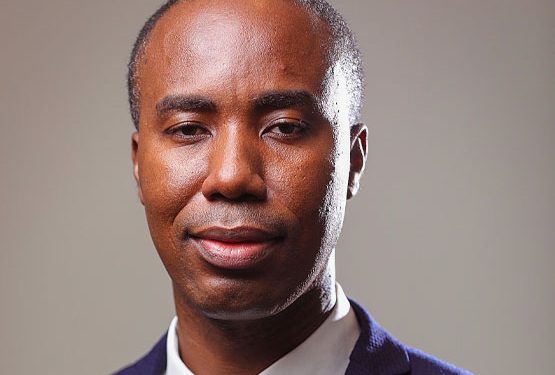


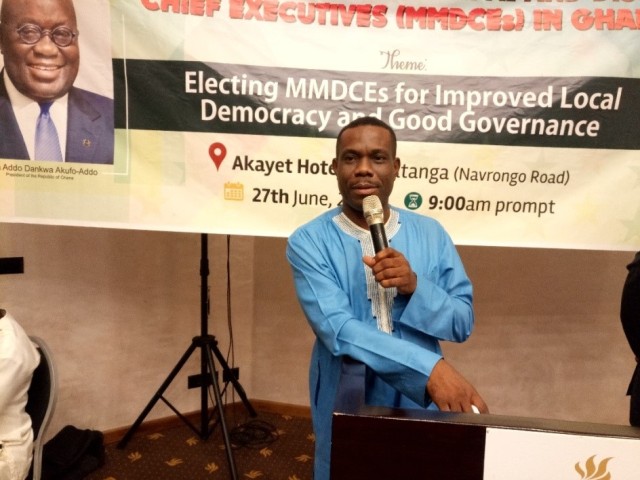



Facebook
Twitter
Pinterest
Instagram
Google+
YouTube
LinkedIn
RSS